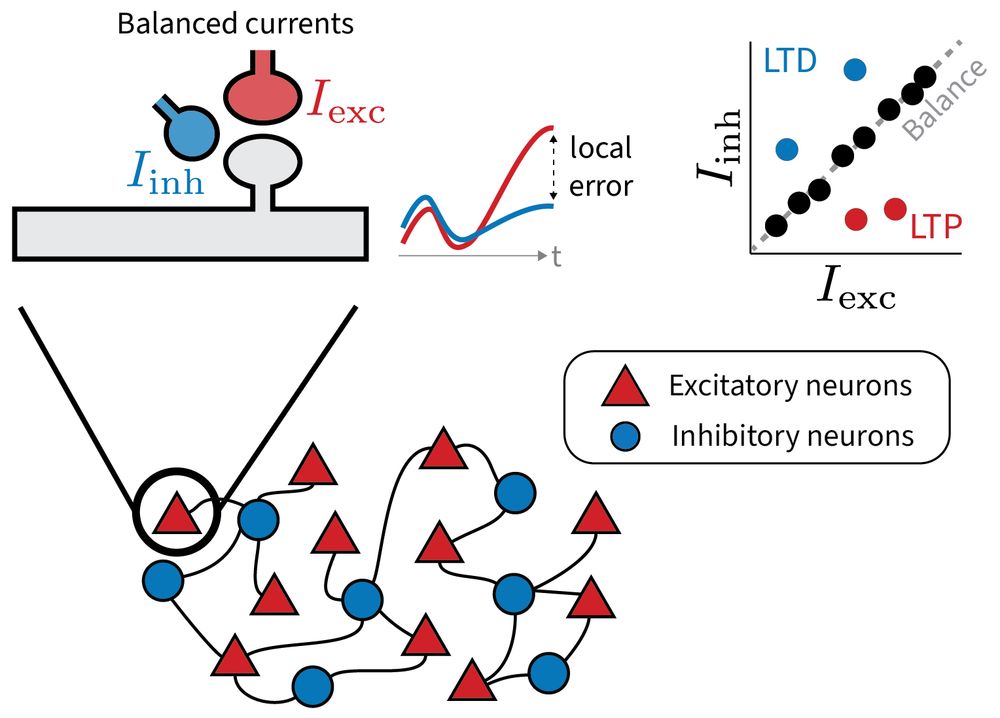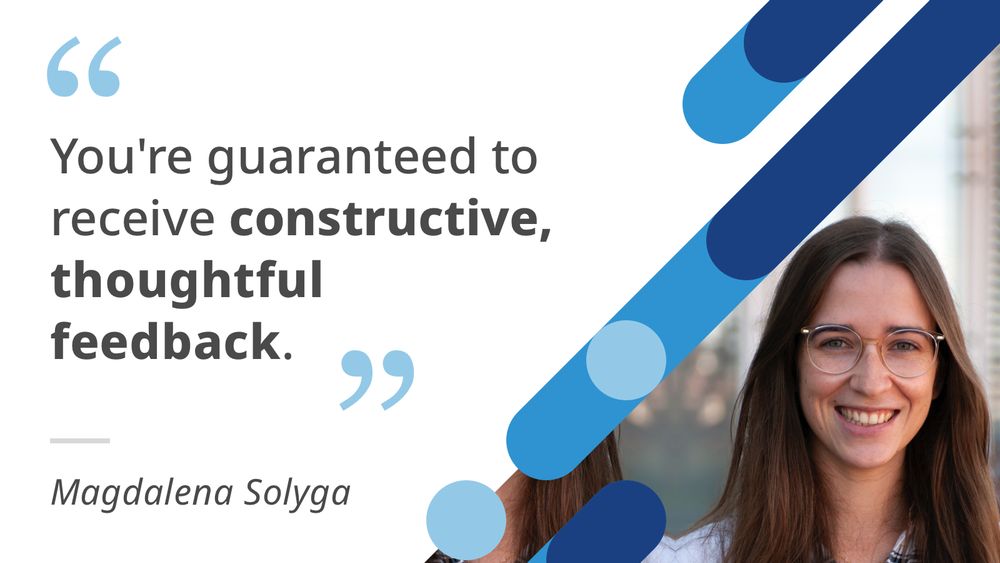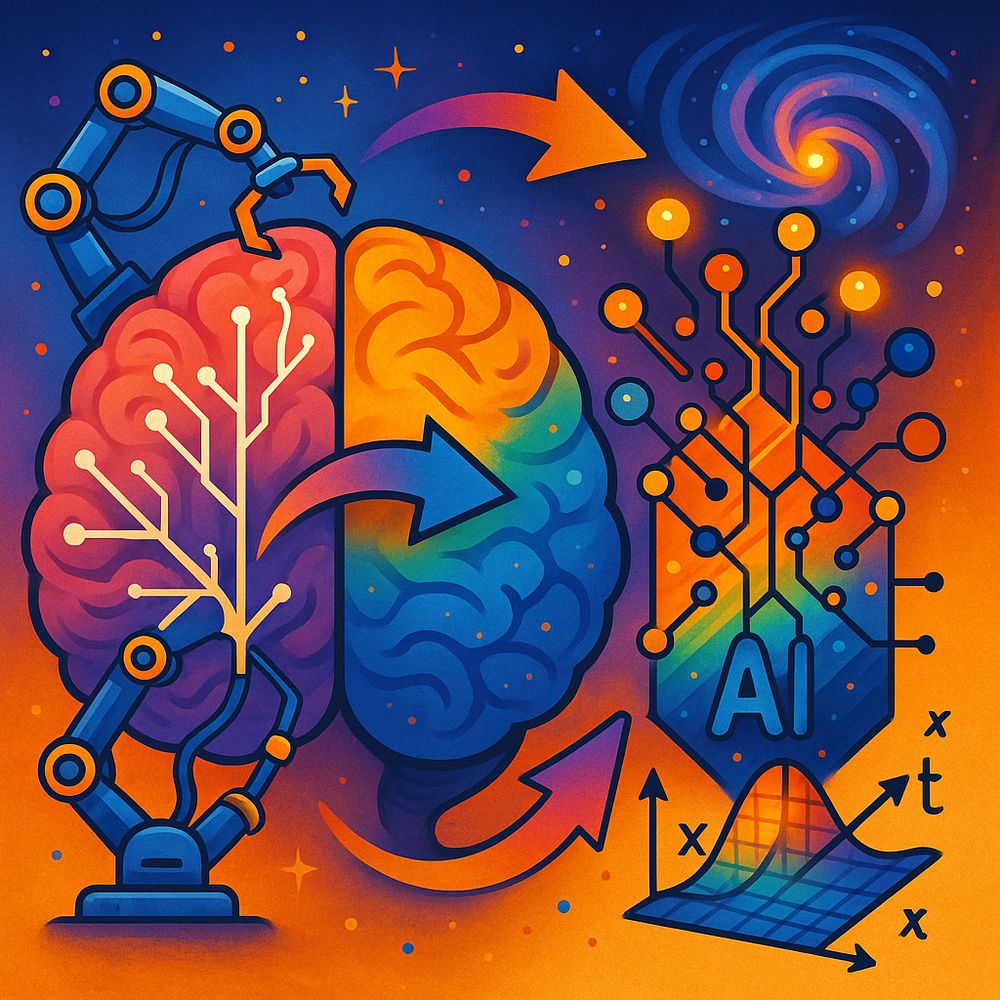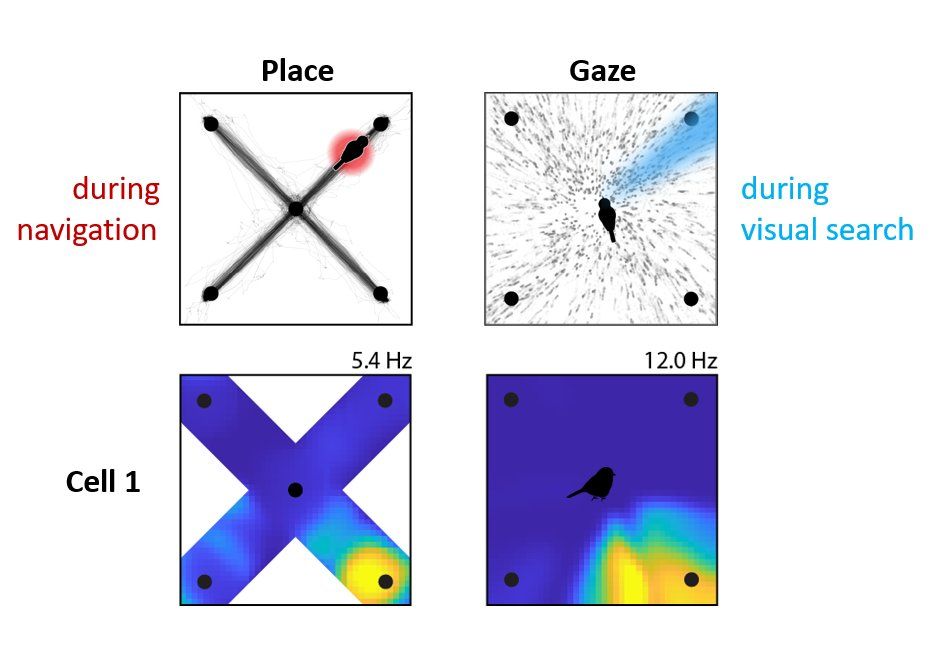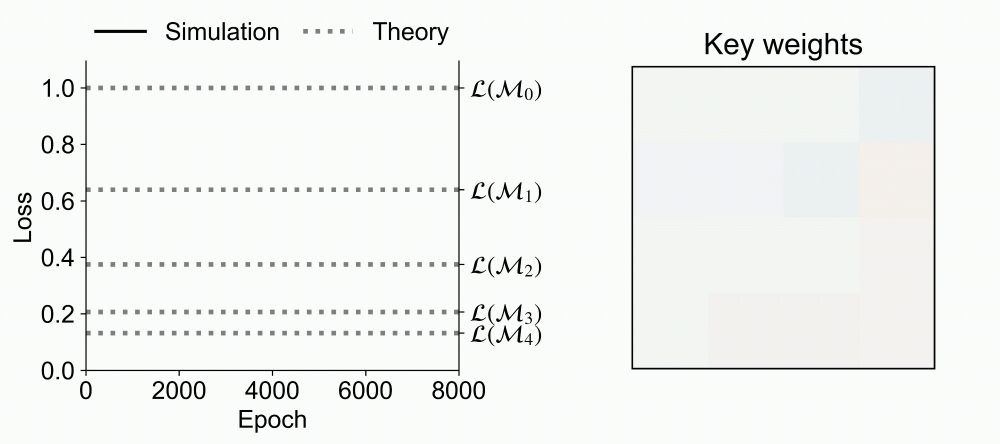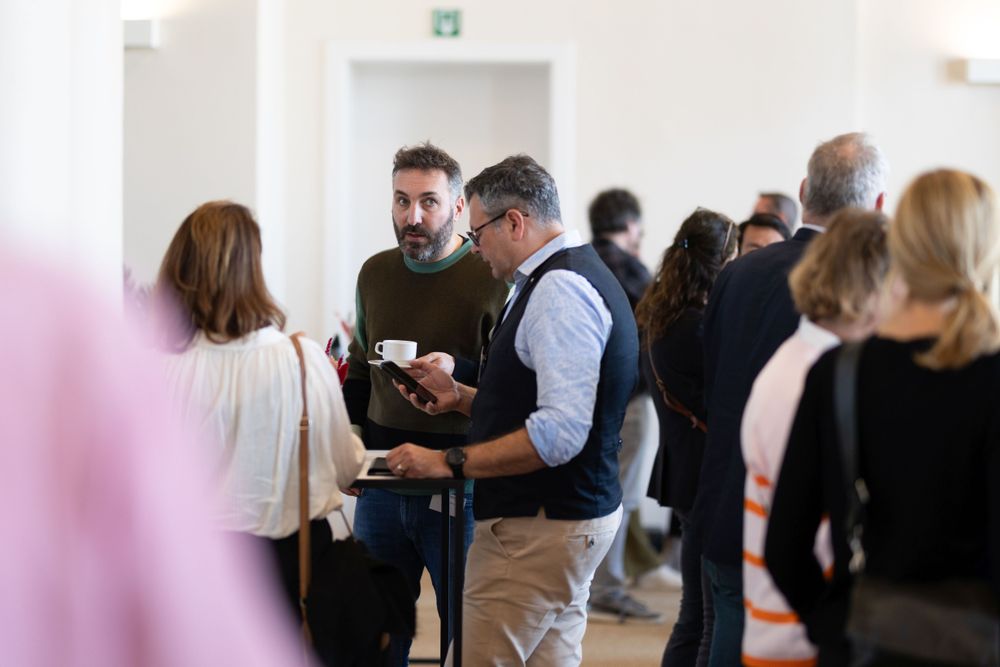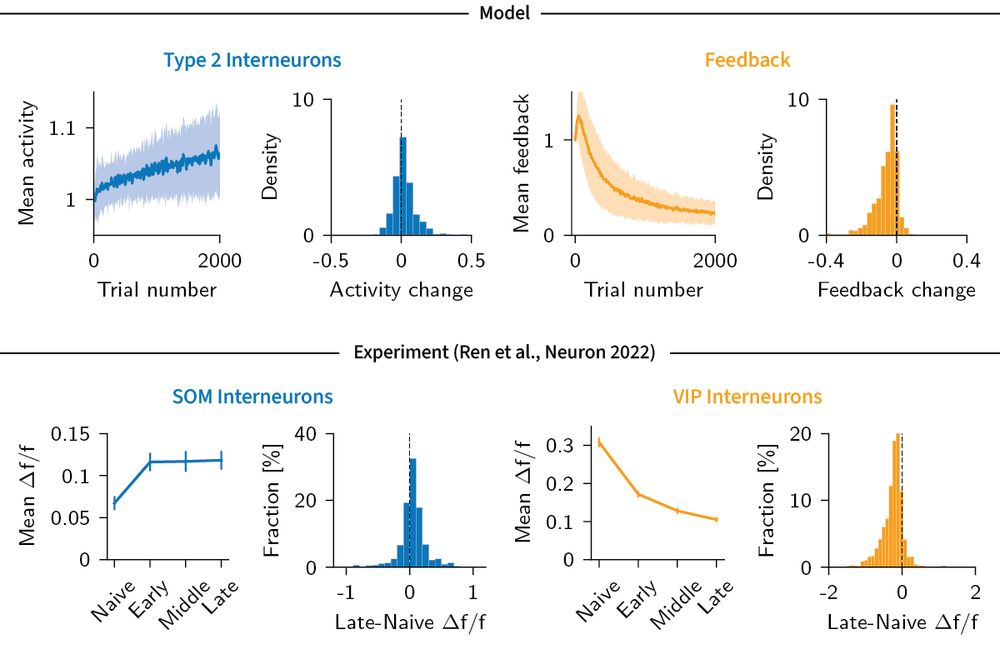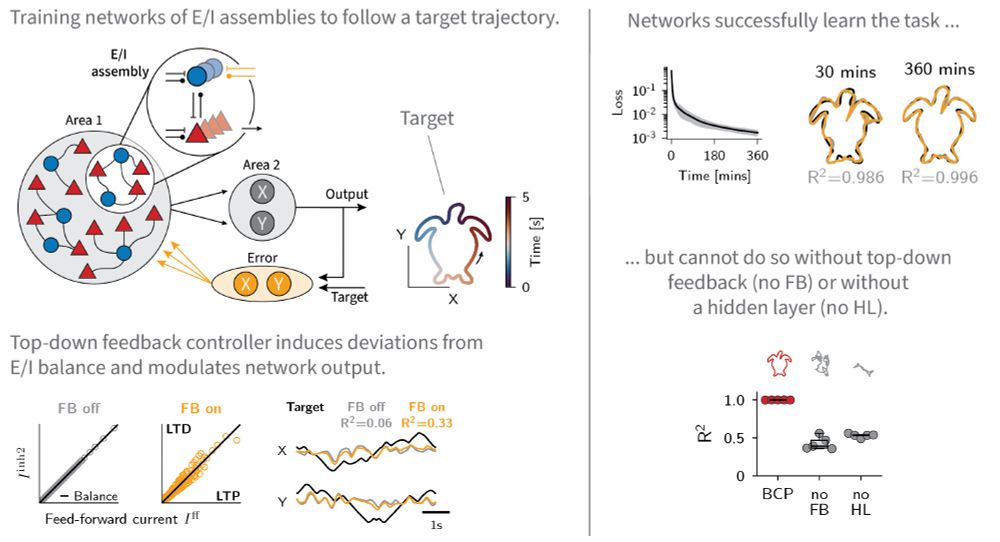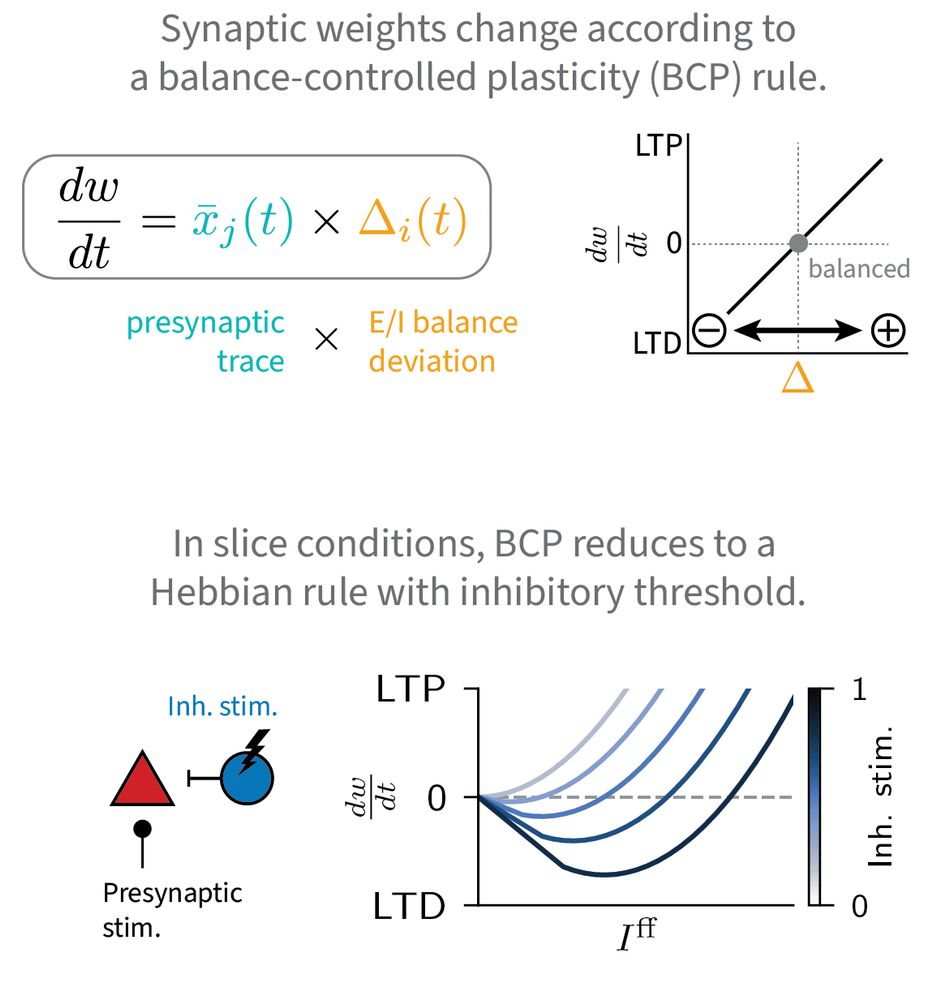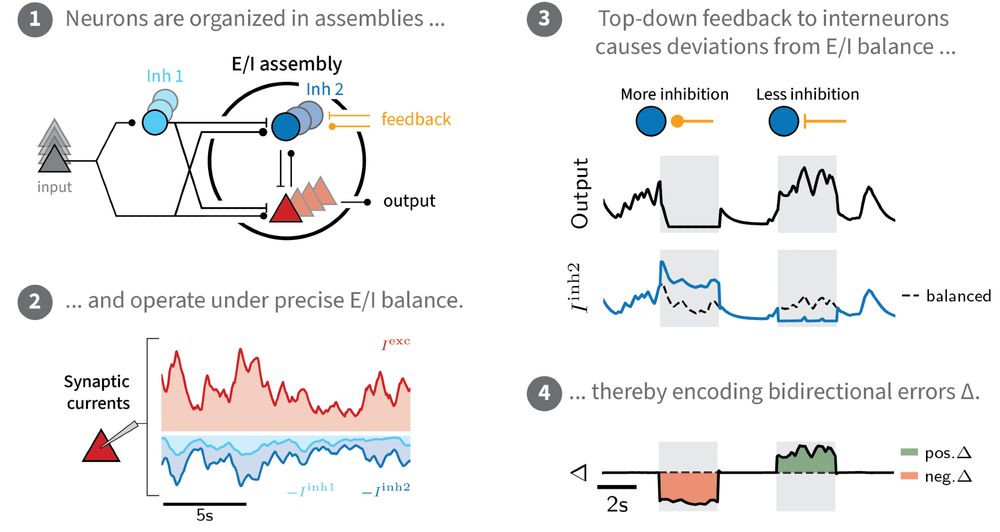Friedemann Zenke
@fzenke.bsky.social
650 followers
310 following
13 posts
Computational neuroscientist at the FMI.
www.zenkelab.org
Posts
Media
Videos
Starter Packs
Pinned
Reposted by Friedemann Zenke
Reposted by Friedemann Zenke
Reposted by Friedemann Zenke
Reposted by Friedemann Zenke
Reposted by Friedemann Zenke
Alexandra Bendel
@alexbendel.bsky.social
· Aug 25

The genetic architecture of the human bZIP family
Generative biology holds the promise to transform our ability to design and understand living systems by creating novel proteins, pathways, and organisms with tailored functions that address challenge...
www.biorxiv.org
Reposted by Friedemann Zenke
Reposted by Friedemann Zenke
Georg Keller
@georgkeller.bsky.social
· Jul 14
Reposted by Friedemann Zenke
Reposted by Friedemann Zenke
Reposted by Friedemann Zenke
Reposted by Friedemann Zenke
Reposted by Friedemann Zenke
Tim Vogels
@tpvogels.bsky.social
· Jun 2

Memory by a thousand rules: Automated discovery of functional multi-type plasticity rules reveals variety & degeneracy at the heart of learning
Synaptic plasticity is the basis of learning and memory, but the link between synaptic changes and neural function remains elusive. Here, we used automated search algorithms to obtain thousands of str...
www.biorxiv.org
Reposted by Friedemann Zenke
FMI science
@fmiscience.bsky.social
· May 28
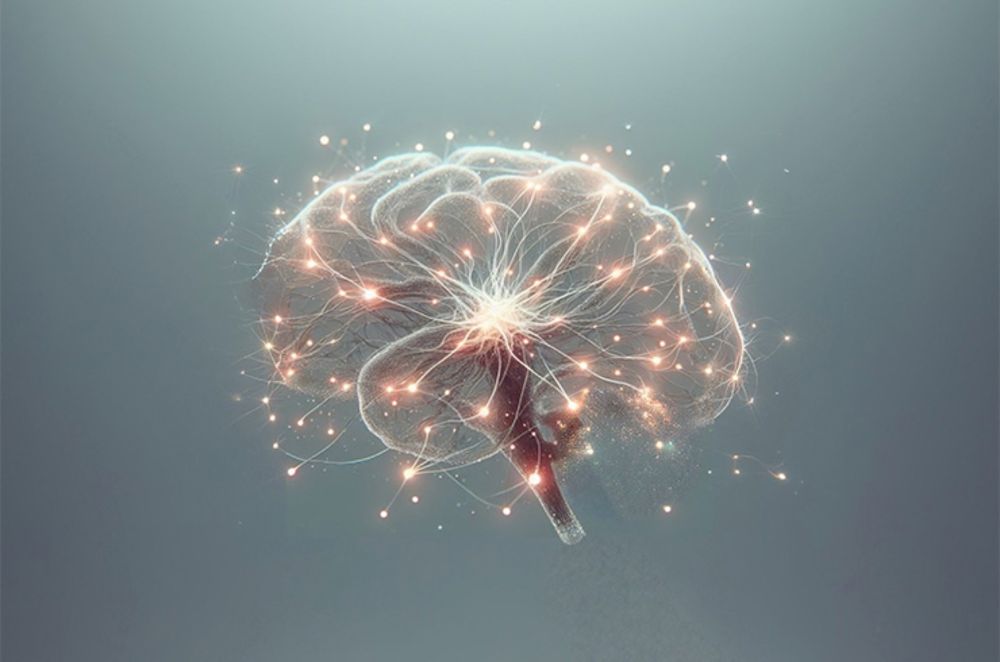
How brain networks balance learning and memory
FMI researchers have provided new insights into how the brain organizes and processes memories, thanks to a study that looks at the balance between excitatory and inhibitory neurons. Memory networks h...
www.fmi.ch
Friedemann Zenke
@fzenke.bsky.social
· May 28
Friedemann Zenke
@fzenke.bsky.social
· May 27
